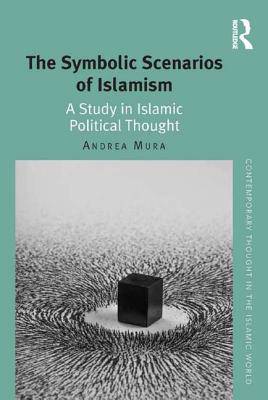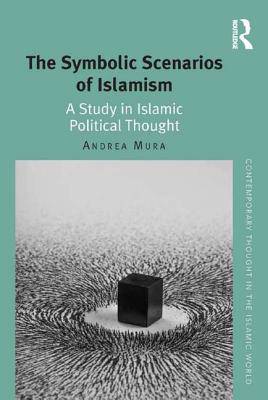
- Afhalen na 1 uur in een winkel met voorraad
- Gratis thuislevering in België vanaf € 30
- Ruim aanbod met 7 miljoen producten
- Afhalen na 1 uur in een winkel met voorraad
- Gratis thuislevering in België vanaf € 30
- Ruim aanbod met 7 miljoen producten
Zoeken
€ 305,45
+ 610 punten
Uitvoering
Omschrijving
The Symbolic Scenarios of Islamism initiates a dialogue between the discourse of three of the most discussed figures in the history of the Sunni Islamic movement-Hasan al-Banna, Sayyid Qutb, and Osama bin Laden-and contemporary debates across religion and political theory, providing a crucial foundation upon which to situate current developments in world politics. Redressing the inefficiency of the terms in which the debate on Islam and Islamism is generally conducted, the book examines the role played by tradition, modernity, and transmodernity as major "symbolic scenarios" of Islamist discourses, highlighting the internal complexity and dynamism of Islamism. By uncovering forms of knowledge that have hitherto gone unnoticed or have been marginalised by traditional and dominant approaches to politics, accounting for central political ideas in non-Western sources and in the Global South, the book provides a unique contribution towards rethinking the nature of citizenship, antagonism, space, and frontiers required today. While offering valuable reading for scholars of Islamic studies, religious studies and politics, it provides a critical perspective for academics with an interest in discourse theory, post-colonial theory, political philosophy, and comparative political thought.
Specificaties
Betrokkenen
- Auteur(s):
- Uitgeverij:
Inhoud
- Aantal bladzijden:
- 258
- Taal:
- Engels
- Reeks:
Eigenschappen
- Productcode (EAN):
- 9781472443892
- Verschijningsdatum:
- 28/08/2015
- Uitvoering:
- Hardcover
- Formaat:
- Genaaid
- Afmetingen:
- 156 mm x 234 mm
- Gewicht:
- 544 g

Alleen bij Standaard Boekhandel
+ 610 punten op je klantenkaart van Standaard Boekhandel
Beoordelingen
We publiceren alleen reviews die voldoen aan de voorwaarden voor reviews. Bekijk onze voorwaarden voor reviews.







